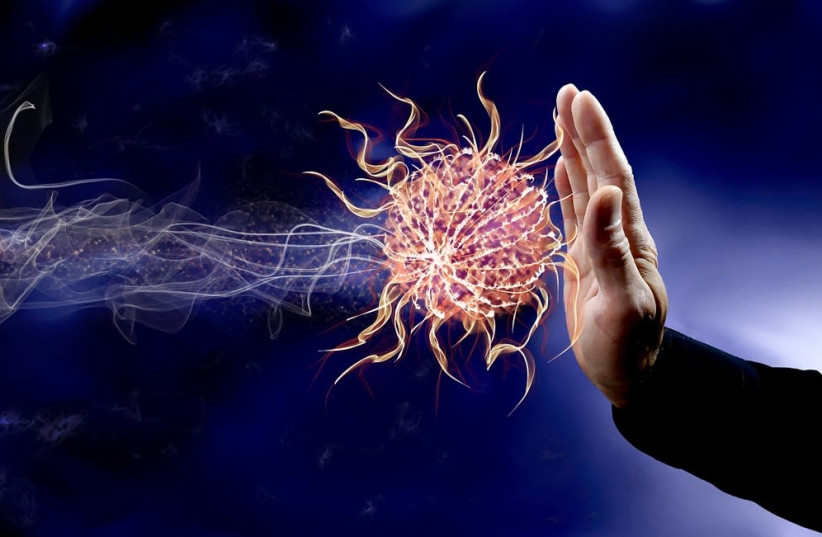In a year painted entirely in the colors of war, when all Israeli children are forced to grow up too quickly and experience a childhood far from the one we had hoped for, there are approximately 2,000 children and teens facing an additional battle: cancer.
Imagine the uncertainty and fear of the unknown, the anxiety for personal safety, the social isolation, and parents torn between home and external pressures – scenarios we all recognize – and then double it. And double it again.
For families where one parent is on reserve duty, and the other is at the bedside of a hospitalized child, the burden is immense. What about their other children? Their jobs? If it’s one of the dozens of families evacuated from their homes, the situation becomes even more complex. For bereaved families, the hardship is multiplied exponentially.
We meet these children every day, witnessing firsthand the challenges they face and the dramatic impact the current situation has on their emotional and physical well-being. These children are at heightened risk and require specialized care and comprehensive support.
This year, terms like resilience, recovery, and post-trauma have entered our collective consciousness more than ever. Research into recovery from community-wide disasters – such as wars, terror attacks, and natural disasters – reveals a crucial insight: populations entering such crises from a relatively stable place recover more quickly.

However, recovery is longer, and the risk of post-trauma is significantly higher for vulnerable populations. Tragically, we see this playing out in real-time. About one-third of children battling cancer exhibit signs of post-trauma, and about one-third of their parents report similar symptoms.
Stories of our courageous children
Take A., a brave and bright 12-year-old from a kibbutz in Western Galilee. A tumor on his optic nerve cost him the sight in one eye. After enduring intensive chemotherapy, his condition stabilized – but the tumor returned. Since the war began, A. and his family have been evacuated to Haifa, where he must resume treatments far from the familiar comfort of his home and surroundings.
Or A., a captivating 17-year-old girl from a northern kibbutz. She’s fighting a war within a war. After undergoing intensive cancer treatments, her family was evacuated from their home. She now faces not only the physical pain but also the loneliness of being separated from her peers.
“We were uprooted from home, and then the pain returned,” she shares.
Then there’s sweet D., a joyful 9-year-old boy who, amid a life-threatening cancer battle, was forced to leave his warm home near Israel’s northern border for temporary housing. For D., the most critical need is stability and security – both of which have been upended.
Behind the stories of these courageous children and countless others like them stand entire families – nuclear and extended – shaken to their core. They face challenges so profound that recovery is impossible without external support.
The Larger Than Life association is steadfast in its mission to stand by these families, guiding them toward recovery while fostering personal resilience and family unity.
Beyond funding life-saving medications and treatments, we’ve developed diverse programs to safeguard mental well-being: support groups, expanded emotional assistance, mentoring programs, joy-filled activities, respite vacations, specialized kindergartens, and tailored educational initiatives that accompany children and teens through their extraordinary challenges.
In parallel, we vigorously advocate for policy improvements and the realization of rights for children with cancer through ongoing efforts with government ministries and Knesset committees.
As a society, we bear the responsibility of remembering the vulnerable populations entering this extreme event from a weaker position. These groups now need tailored support and recovery programs to help them rebuild their lives.
During one of our activities with teens, a participant opened up, saying that after all the pain he endured during treatments, the group’s activities reminded him of how much life is truly worth living.
Perhaps this message, coming from a child who has faced the unthinkable, serves as a reminder to us all: amid the sea of collective pain we navigate as a nation, life is a gift worth cherishing every single day.
The writer is the CEO of the Larger Than Life organization.
